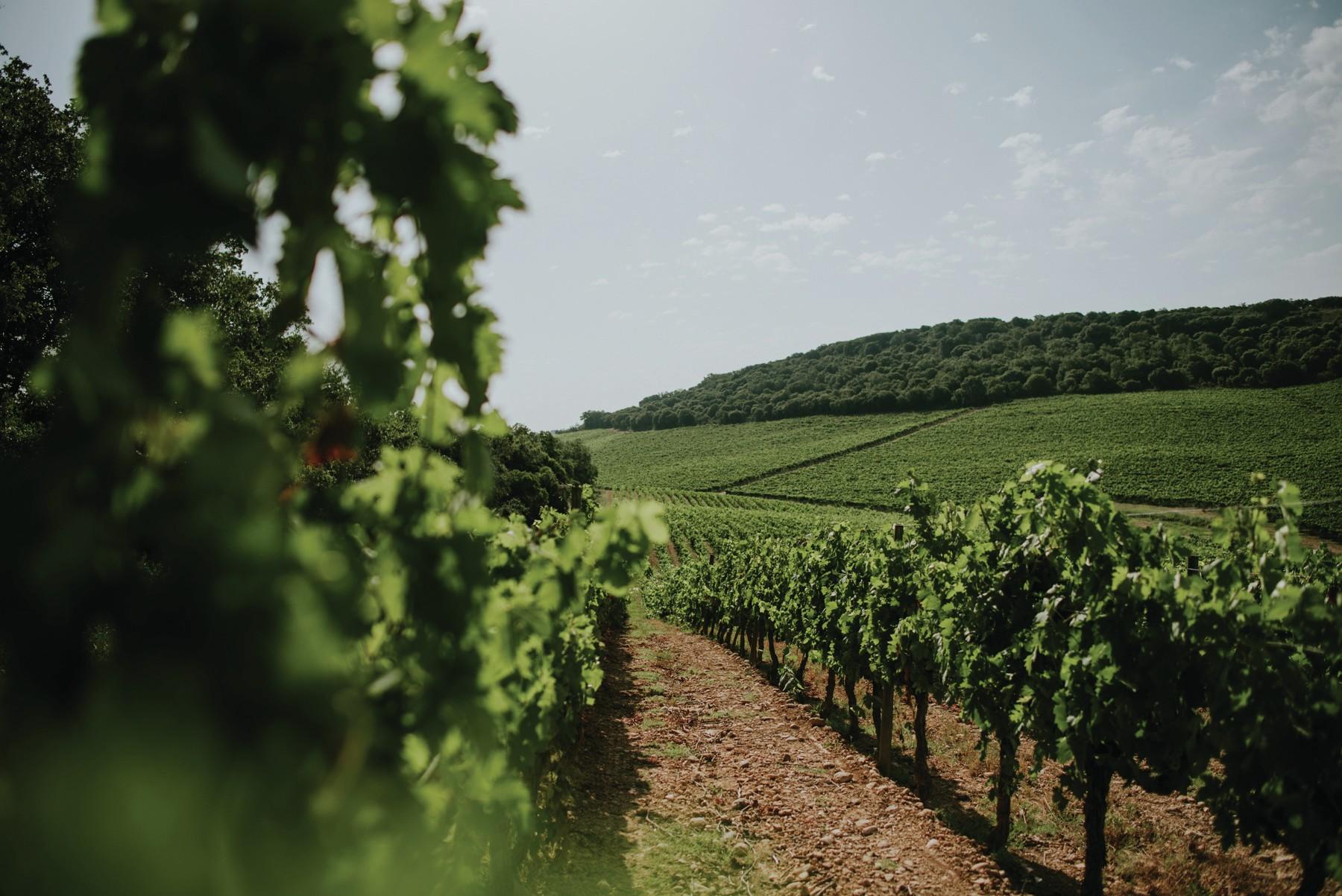Whisky brings oysters back to Highland waters
A new environmental project in the waters of Dornoch Firth in the Scottish Highlands is using oxygen-rich, filtered water from a local distillery to reintroduce oysters to the area after a century-long absence.
The Dornoch Environmental Enhancement Project (DEEP), is a collaboration between Heriot-Watt University, the Marine Conservation Society and Glenmorangie Distillery.
As reported in The Conversation, the restoration of the long-dormant oyster beds in the Firth is being made possible with the help of an anaerobic digestion (AD) plant built by Glenmorangie which purifies the waters.
The AD plant treats the ‘pot ale’, spent lees and washing water that are the result of the distillation process.
Three products are the result: water, a copper-rich sludge and bio-gas. The gas is then reused by the distillery itself by being turned into electricity, cutting reliance on fossil fuels by 15%.
The copper sludge is then passed onto farmers as a fertiliser because the local soils are naturally copper deficient.
Partner Content
The remaining water contains a very small amount of suspended solids left over from the barley – about 5% of the waste produced by the distillery, the rest being cleaned and used elsewhere as described. The water is otherwise very clean and its ejection into the Firth is helping to make the body of water habitable again for oysters and other molluscs.
Furthermore, the trace remains of organic matter can then be consumed by the oysters, which are natural bio-filters, in complete safety and in 10 years it is estimated that the remaining 5% waste will be wholly dealt with by the flourishing oyster beds.
The whole of the Scottish whisky industry is involved in various ways combatting emissions. AD plants, bio-mass boilers and other green initiatives have really taken off since the implementation of the Industry Environmental Strategy in 2009.
As of 2015, so far the scheme has seen waste sent to landfill drop to just 2% and the use of non-fossil fuels rise to 17%




